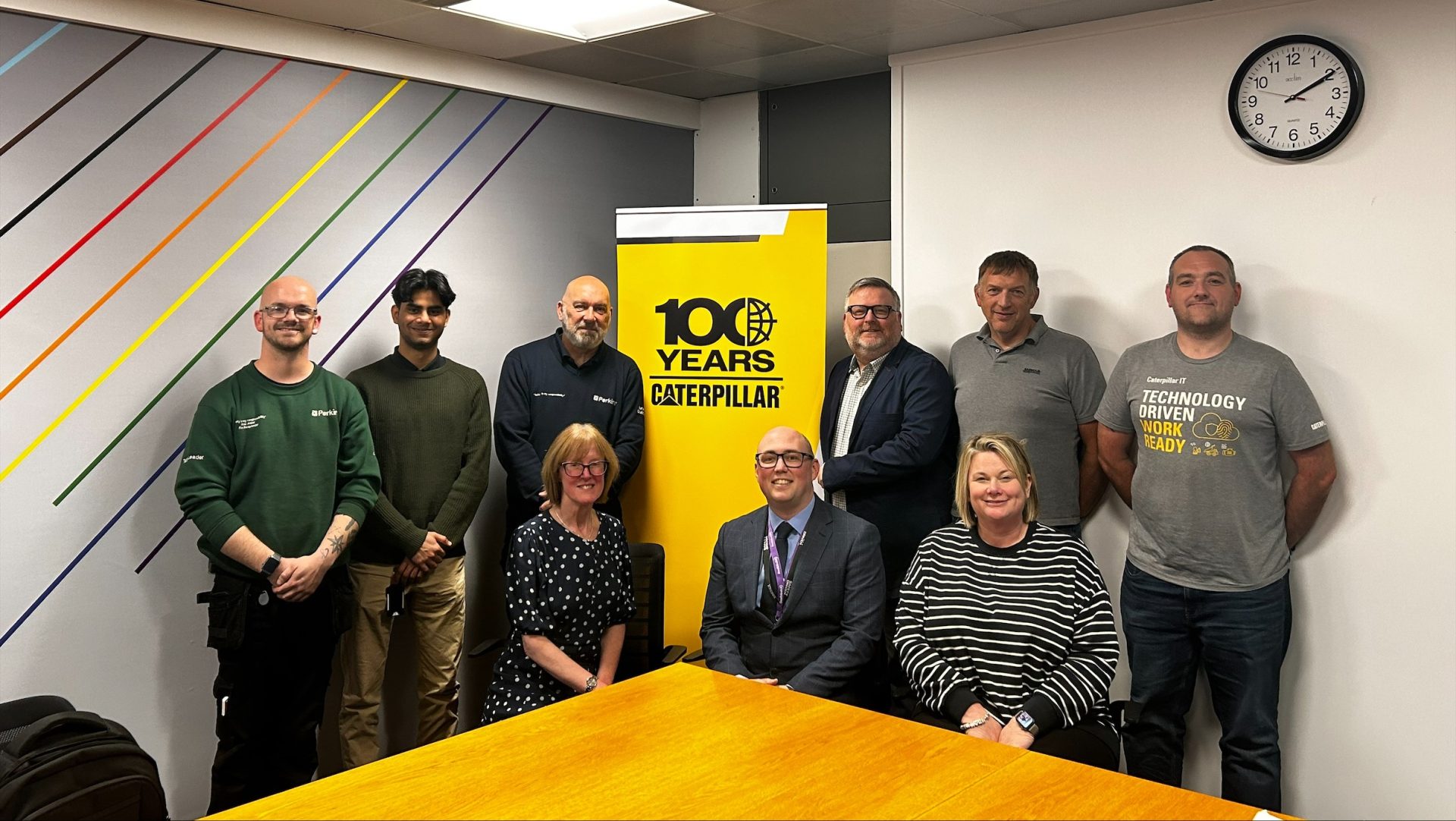This article was written by Dr Jasleen K Jolly, of the Vision and Eye Research Institute in Cambridge.
Medical research is really important for improving people’s lives in lots of different ways. But before we can do the research on the things that help most, like new treatments, a lot of background work needs to be done that most people don’t see. It might not seem very exciting, but it is necessary before we can do the more exciting studies. We are looking for volunteers, to help us get to the parts of research that help you! Often what we need from you is totally non-invasive, and can be good fun. We won’t run any experiments or take any scans without permission, don’t worry.
To hear the whole story about this need for volunteers in research, check out our podcast interview at this link: Clinical research – everybody can get involved!
For example, here are some things you could do RIGHT NOW from home to help us get to the stages of research that are most exciting. We need volunteers to fill out the following questionnaires:
1. For females, any females:
We need females who have normal vision (for our control group) to fill in our vision and lifestyle questionnaire for healthy controls.
Why? This questionnaire is to help us with a study on female carriers of X-linked inherited retinal diseases, like retinitis pigmentosa and choroideremia.
The carriers of these conditions will be the mothers, sisters, and/or daughters of people with X-linked conditions, so if someone genetically related to you has one of those conditions, please fill out this survey instead: vision and lifestyle questionnaire for female carriers of X-linked inherited retinal diseases.
This involves an online survey taking approximately 15-20 minutes. Participation is entirely voluntary and you can drop out of the survey at any time.
To look at how vision and hearing interact, especially when one of these senses is becoming impaired.
2. We are recruiting adults with sensory loss to investigate experiences of healthcare appointments and services since the COVID-19 pandemic.
This involves an online survey taking approximately 15 minutes. Participation is entirely voluntary and you can drop out of the survey at any time.
If you have a vision and/or hearing impairment, we would appreciate your help by completing our accessibility of healthcare services for adults with sensory impairment survey. Not sure if you qualify? When in doubt, fill it out!
You might be wondering… how does completing a questionnaire actually contribute to medical advances? Well, we can give you an example based on a study recently published by our team:
We gathered questionnaire and interview data about the psychological impact of receiving a diagnosis that spells severe vision loss. As you know, many who receive such diagnoses feel as if they have been ‘hit by a brick’. We did a qualitative study to understand how to best help patients through this difficult moment and the long-term psychological burdens that follow it.
In that paper we looked at how language used by clinicians can amplify the emotional impact when delivering a diagnosis. Among the recommendations we made coming out of the paper is that it helps a lot when clinicians connect patients with information, community, and support groups such as charities as early as possible in the process.
The paper has been getting a lot of interest on the clinical side, as healthcare professionals are keen to understand how they can communicate better in this regard.
Another outcome of the investigation is that we have identified a clear need to develop a psychological support programme to help patients navigate all the feelings that come with and after receiving a diagnosis. Later, we hope to release an easily-implemented support programme which your clinicians and other professionals can use to better support you through the trauma, grief, and anxieties of facing a long journey of vision loss. You can read the full work here.
This is just one example of how hearing your take on your own lived experience can help us determine needs and shape healthcare outcomes to better serve you and those you love. We look forward to reading your anonymous answers to the questionnaires!
Please keep a look out for more opportunities to get involved at our website https://aru.ac.uk/vision-and-eye-research-institute/get-involved or at your local provider. Please get involved in research even if you can’t see how it is helping you personally right now. Happy World Sight Day 2022!




